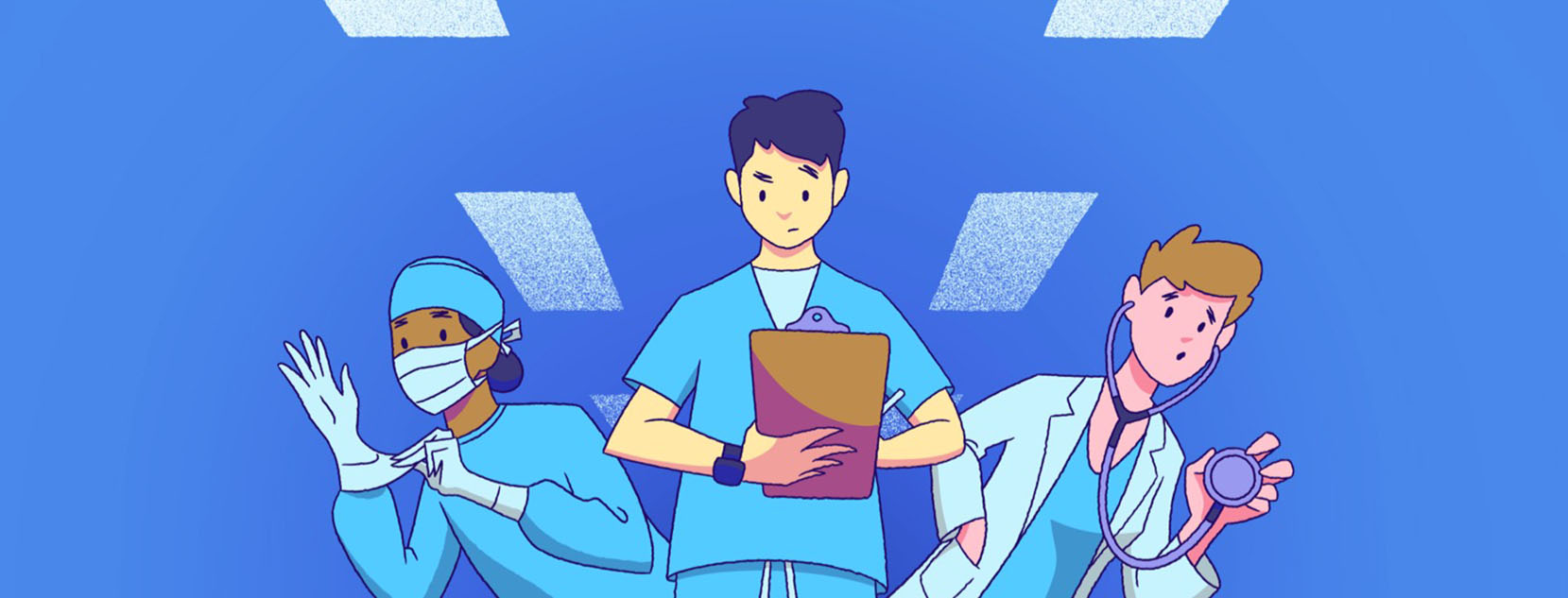Do Hospitals Make You Anxious, Too?
Beeping machines, long lines, people in scrub suits and white coats. Thermometers, needles, blood work, and medical charts. All of this, and many more, might not be new to you whether you are diagnosed with a chronic illness already or you are currently on your journey in searching for a diagnosis.
However, despite having gone through so many doctor appointments these past few years, do you still find yourself being anxious, even just thinking of going to the hospital?
Is there a name for hospital anxiety?
Nosocomephobia is the medical term coined for an intense fear of hospitals. However, although your emotional distress may not be extreme enough to be a phobia, it may generally be characterized as hospital anxiety.
Failure to overcome this negatively impacts your life when it hinders you from seeking appropriate medical attention, especially during emergencies and life-threatening situations. Hospital anxiety may be recognized through the following symptoms:
Physical symptoms
Anticipating an upcoming doctor's appointment or even being inside the clinic can cause a few physical symptoms, such as nausea, sweating, diarrhea or stomach discomfort, and even restlessness. For others, it may even cause a rise in blood pressure, restlessness, chest pains, and panic attacks.
Procrastination, hesitation, and stalling
Another thing that I have noticed is my tendency to procrastinate when it comes to scheduling my check-ups. I would make up so many excuses, like not having the free time to squeeze it into my schedule, that hospital visits take too much of my day, or that I have more important things to do.
Most of the time, I would entertain these thoughts so that I could delay an appointment. Sometimes, I'd even cancel and decide not to show up a few hours before my scheduled appointment.
Communication difficulties and thought blocking
Since doctors and hospitals overwhelm me so much, I have the tendency to rush my way out by just getting it over and done with. I find myself having difficulties expressing my thoughts, missing out on a few details, and forgetting to ask important questions and clarifications.
How to cope with it?
Managing hospital anxiety varies from one person to another. Generally, some people find avoiding Google searches helpful. While for some, they would feel more at ease when they look up possible diagnoses for their symptoms to prepare them for what they might hear from their doctors.
Another tip that might work is opening it up to your doctor personally. This would not only improve your relationship with your doctor, but this way, he can make adjustments to make you feel more comfortable and at ease. Most importantly, seeking psychological help through therapy sessions and medications is also recommended.
Although hospital anxiety can be rooted in different personal reasons, one common cause is the fear of facing the realities of your illness. However, anticipating the worst does not only negatively affect our mental health but also hinders our journey to healing and recovery.
This or That
Do you also find it painful to sit for extended periods of time?

Join the conversation